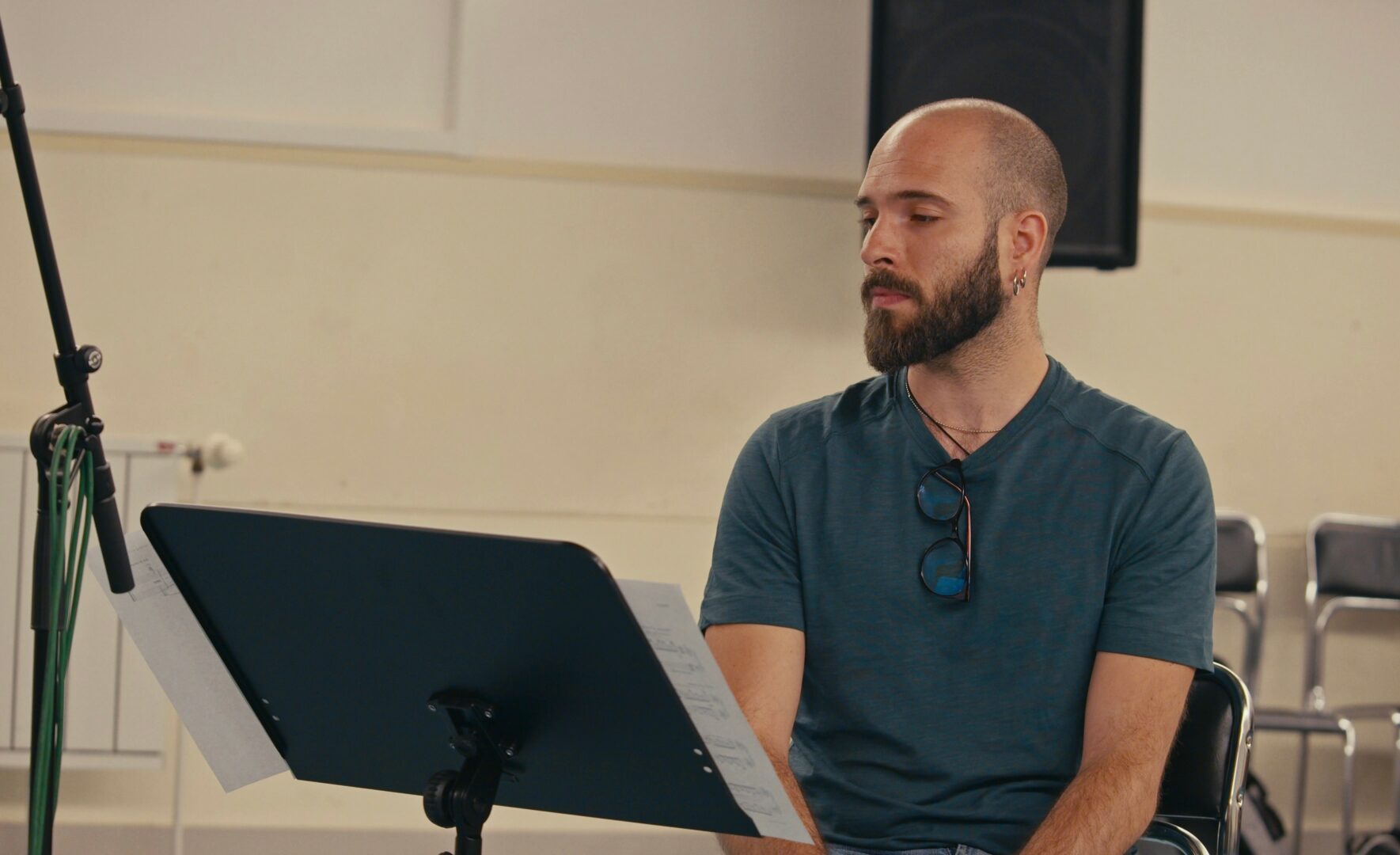We’re excited to introduce you to the always interesting and insightful Andrea Roccasalvo. We hope you’ll enjoy our conversation with Andrea below.
Hi Andrea, thank you so much for making time for us today. Let’s jump right into a question so many in our community are looking for answers to – how to overcome creativity blocks, writer’s block, etc. We’d love to hear your thoughts or any advice you might have.
Creativity blocks are a natural part of the artistic process, they happen to everyone, and they can actually be a signal that it’s time to reflect and recharge.
As a film Composer, when I face a block, I usually start by stepping away from the work for a while, taking a walk, listening to music from different genres, or revisiting old compositions to spark inspiration. Sometimes, I experiment with sounds or instruments I wouldn’t normally use, just to explore new possibilities.
I’ve also found that discipline plays a huge role: even when inspiration feels distant, continuing to study, practice, and work on the craft creates a structure that often leads to breakthroughs. You can’t be constantly inspired or have brilliant ideas all the time. What changed everything for me was realizing that creativity is like a living being. It’s not magic that instantly solves everything or paints something beautiful on its own. I understood that blocks are natural and don’t mean a temporary loss of my abilities.
Having the right tools and knowledge to approach your work is essential. Especially when you have very little time to compose and can’t rely on “inspiration” to save the day. Each project comes with its own directions, limitations, and technical challenges. That’s where problem-solving and understanding your craft become crucial.
I think there’s a common perception of creativity as a purely magical force, but pairing discipline and self-awareness with the natural human talent of creativity is what allows you to be truly effective. It turns creativity into something you can work with, rather than something you have to wait for.
In the end, these blocks teach me patience, self-awareness, and resourcefulness. They push me to find new ways to express ideas, and often lead to discoveries I wouldn’t have made otherwise.
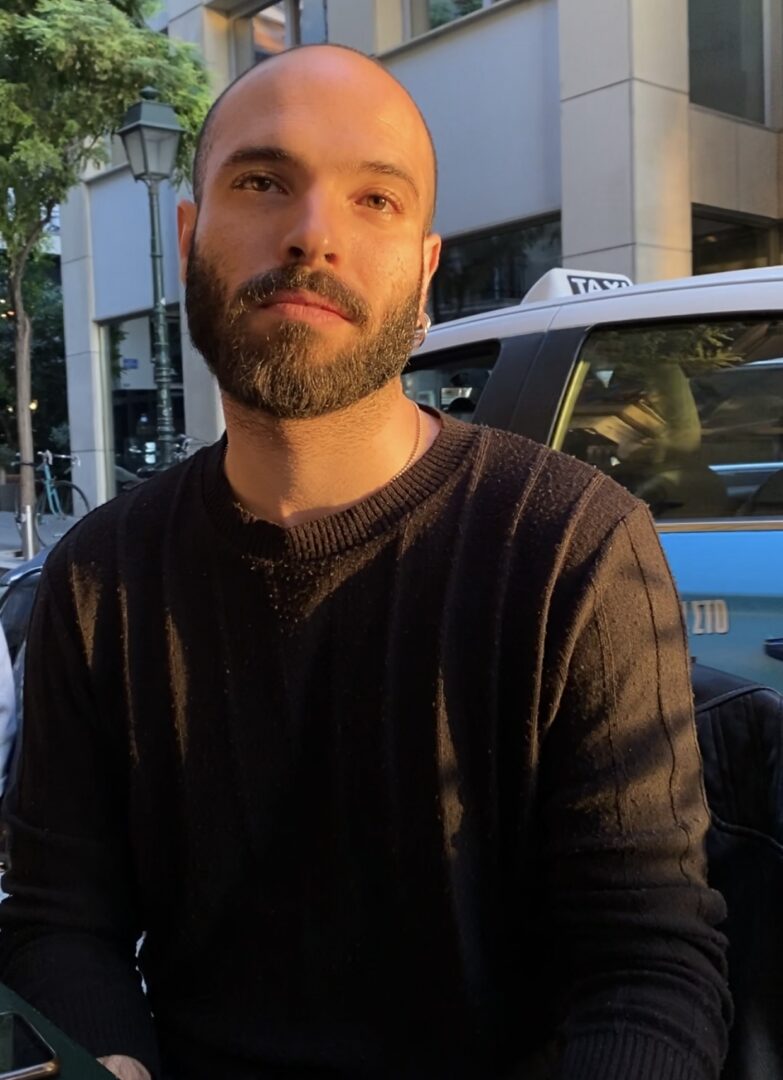
Great, so let’s take a few minutes and cover your story. What should folks know about you and what you do?
I’m Andrea Roccasalvo, a composer and sound designer based in Italy. Music has been part of my life for as long as I can remember. I started playing piano at six, and by the time I was a teenager, I had already fallen in love with composition. I hold a degree in Sound Design and Electronic Music, and a master’s degree in Film Scoring.
Since childhood, I’ve been fascinated by the emotional power of music and sound and how they can completely transform a cinematic or gaming experience. I still remember watching Harry Potter and The Lord of the Rings over and over, just to relive that moment when the music made everything feel magical. Or when I played Mega Man X on the Super Nintendo, I’d turn off the music just to listen to the sound effects and appreciate those tiny, perfect details.
Looking back, it makes perfect sense that I do what I do today. That same curiosity and excitement never left me; it just evolved into the desire to create those experiences myself. My goal is to help stories come alive through sound, to make people feel something genuine and lasting. That emotional connection is the ultimate reward for me.
Interestingly, I didn’t immediately realize that this was my true calling. For years, I dreamed of becoming a classical pianist, touring the world. But over time, I discovered that what truly ignited my passion wasn’t performance; it was the creative process itself: experimenting with sounds, composing for the bands I played with, and transcribing my favorite video game and film scores just to understand how they worked. That’s when I changed direction and embraced the study of composition and sound design.
I pursued a degree in Electronic Music and Sound Design with a focus on composition, which helped me understand the expressive role of sound in film and media, as well as develop solid skills in synthesis and audio processing, tools that are essential to shaping modern soundscapes. Later, I completed my academic path studying film composition at the Conservatorio “Santa Cecilia” in Rome, where I refined not only my storytelling instincts but also my skills as an orchestrator and composer for orchestral music.
Today, I work primarily as an orchestrator, taking a composer’s ideas and helping bring them to their fullest potential through the orchestra, a living, breathing instrument that can express emotion in infinite ways. Alongside this, I also compose original music, and my work spans from film and media scoring to sound design and audio post-production. I’ve contributed as a sound effects editor for an animated children’s series and work as a mixing and mastering engineer as well. These diverse experiences constantly inspire me and keep my creative process fresh. They remind me that every project, big or small, is another chance to tell a story through sound.
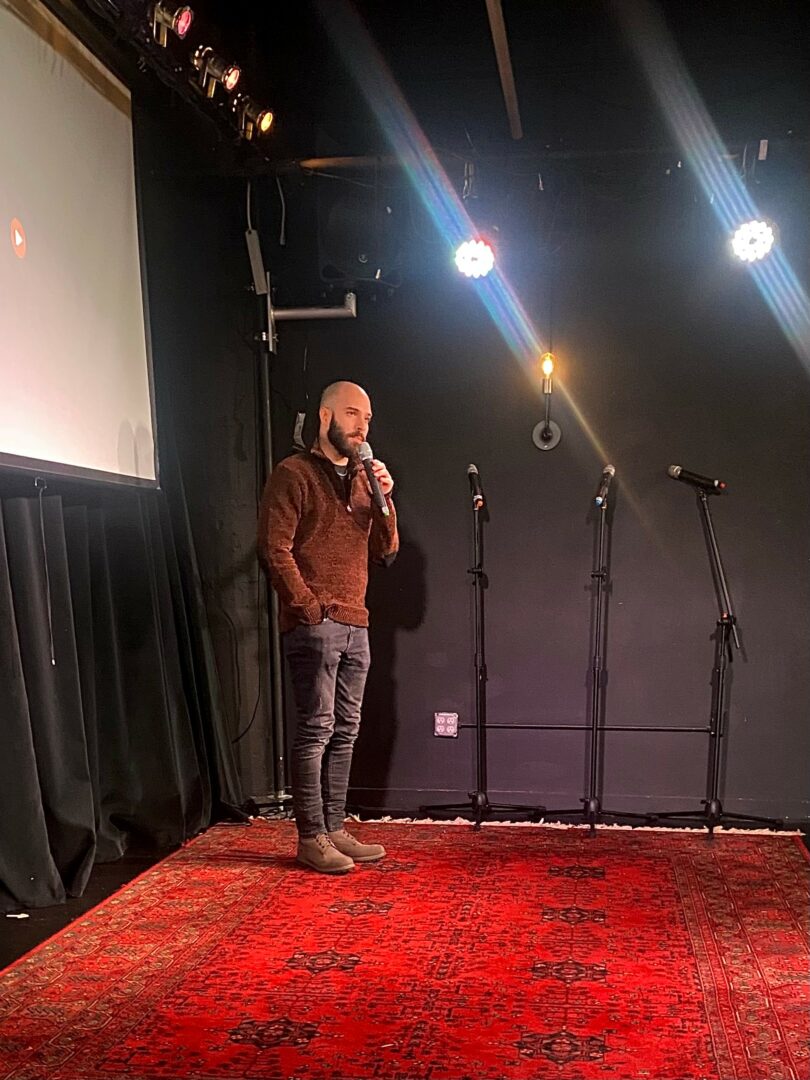
If you had to pick three qualities that are most important to develop, which three would you say matter most?
Looking back, the three qualities that had the biggest impact on my journey are curiosity, technical skill, and storytelling through sound.
Curiosity has always been my driving force. The desire to explore new sounds, study different musical styles, and understand how sound can shape emotion. For anyone starting out, my advice is to stay open and experiment constantly. Don’t be afraid to try things outside your comfort zone; sometimes the most unexpected discoveries teach you the most.
Technical skill is equally important. My studies in sound design, electronic music, and orchestration gave me the tools to bring ideas to life. Alongside formal study, one of the most valuable things for me was learning from the masters: copying pieces I admired, understanding why a musical passage or a sound works so well, and practicing by imitating them. This process of studying and assimilating the work of great composers and sound designers helped me grow and eventually find my own voice. For early-career creators, I recommend combining this with building a solid foundation in your instruments, software, and compositional techniques.
Finally, storytelling is at the heart of everything I do. Music and sound are powerful ways to convey emotion and connect with people. My advice here is to always think about the “why” behind what you create: ask yourself how a piece of music or a sound effect will make the listener feel. Developing empathy for your audience will help you craft work that resonates.
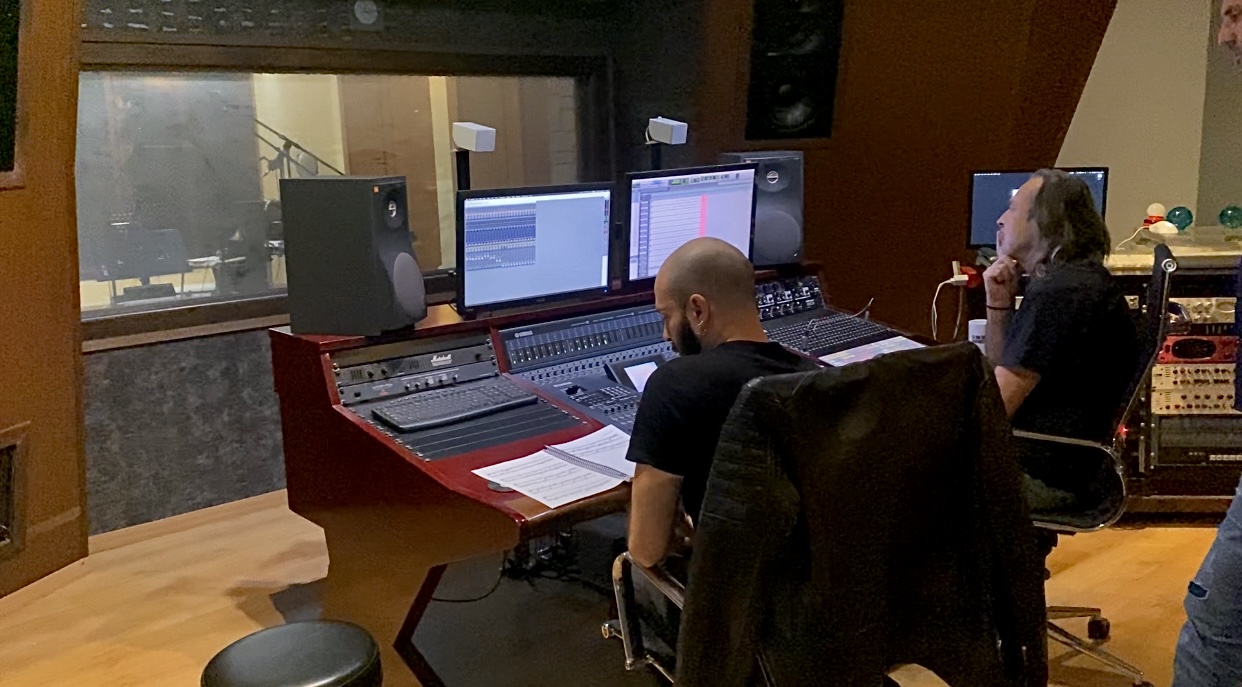
Before we go, maybe you can tell us a bit about your parents and what you feel was the most impactful thing they did for you?
The most impactful thing my parents did for me was giving me a small, colorful toy piano when I was a child. That little gift sparked everything that I am today. It was my first real encounter with music and creativity, and it opened the door to a lifelong passion.
Contact Info:
- Instagram: https://www.instagram.com/roccasalvoandrea/
- Youtube: https://www.youtube.com/@andrearoccasalvo1
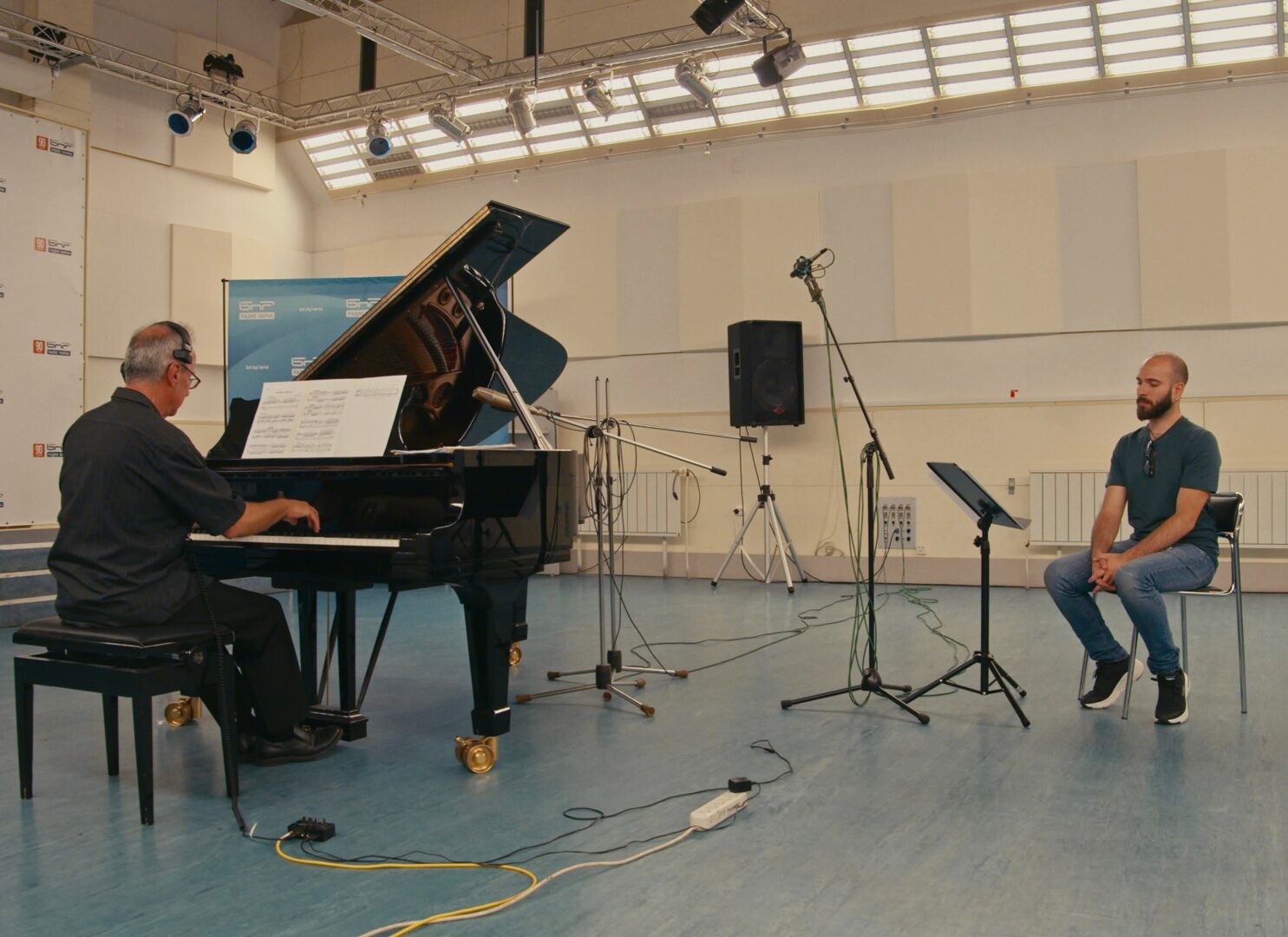
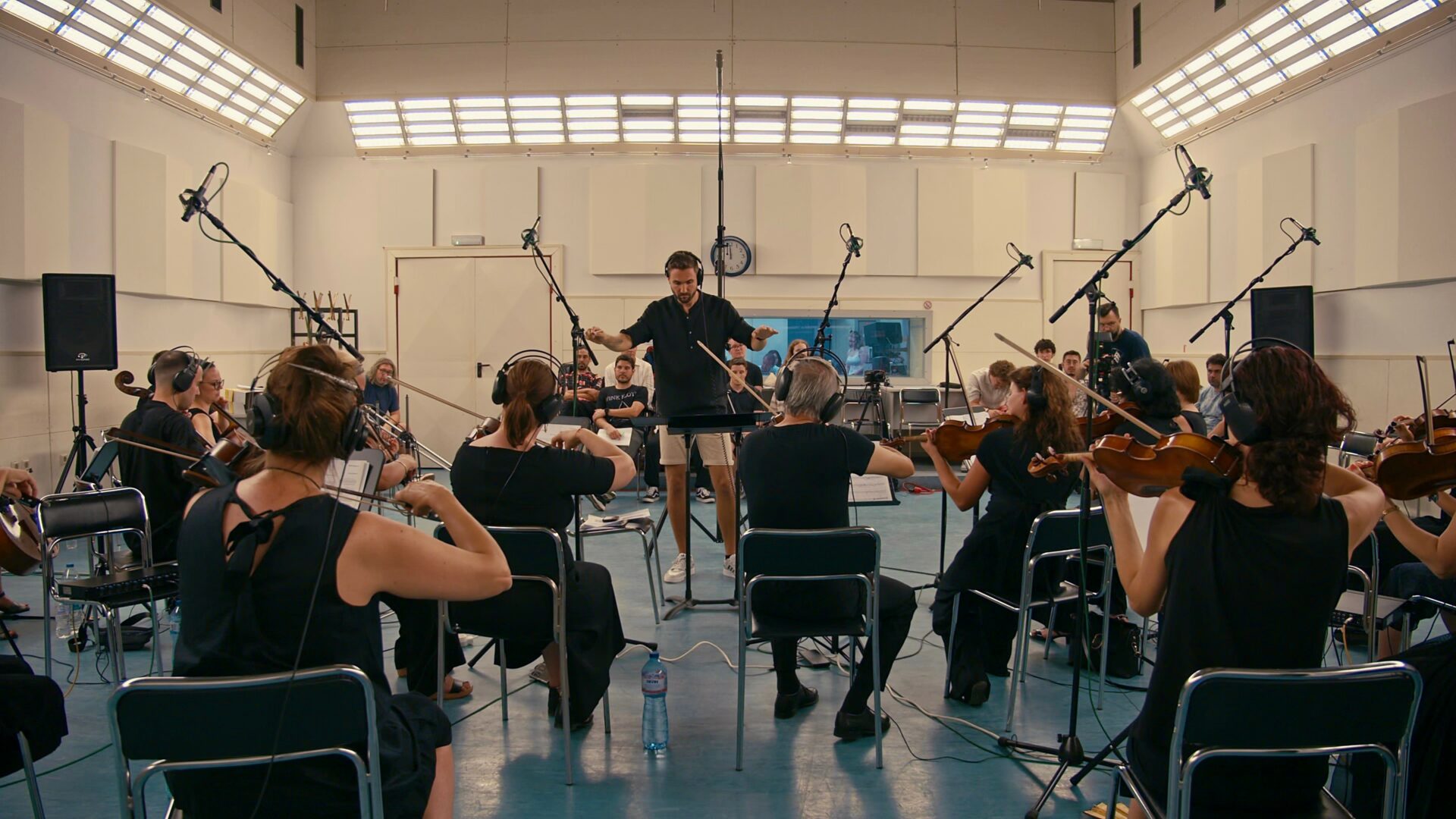
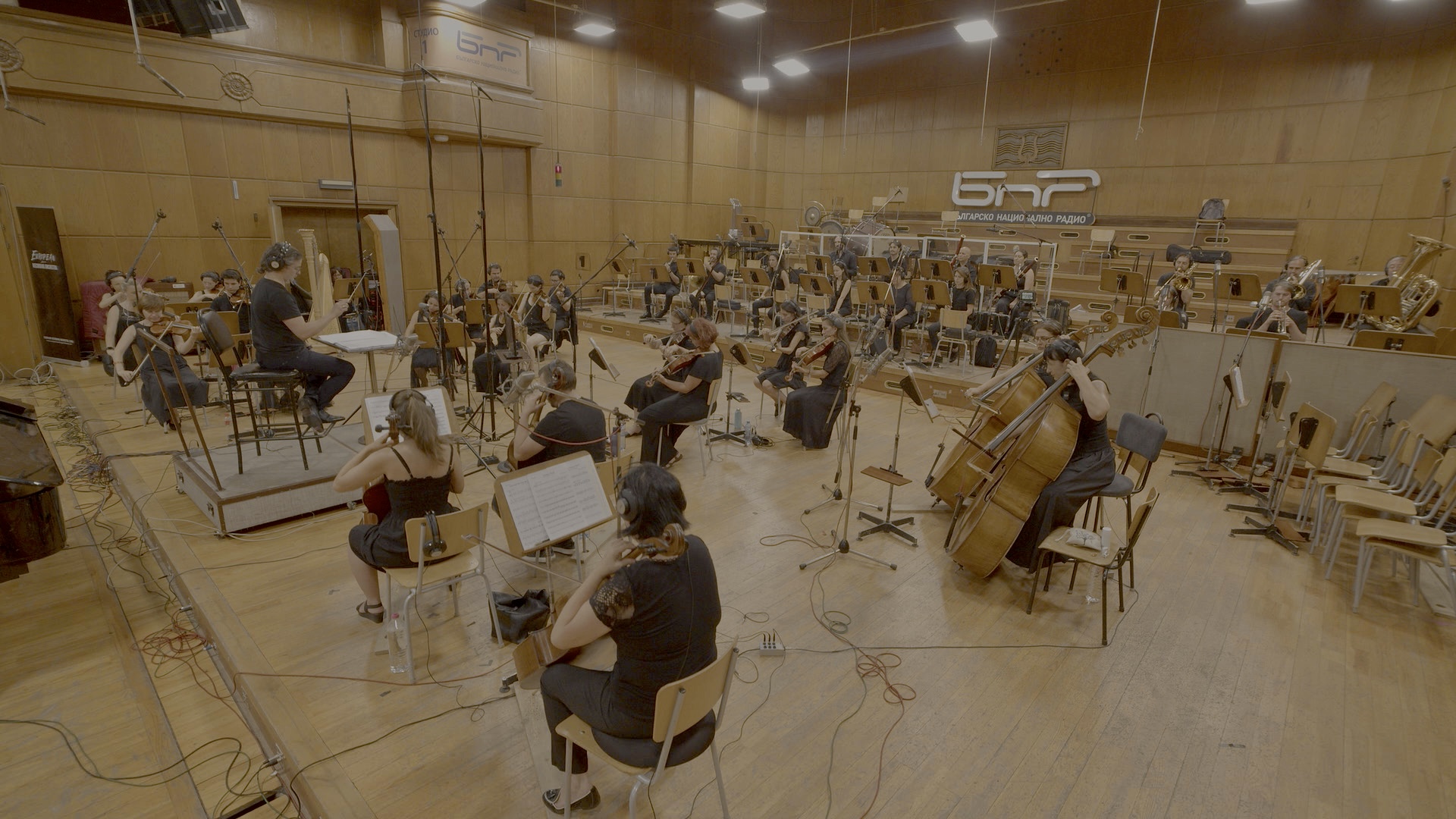
Image Credits
European Recording Orchestra
so if you or someone you know deserves recognition please let us know here.

